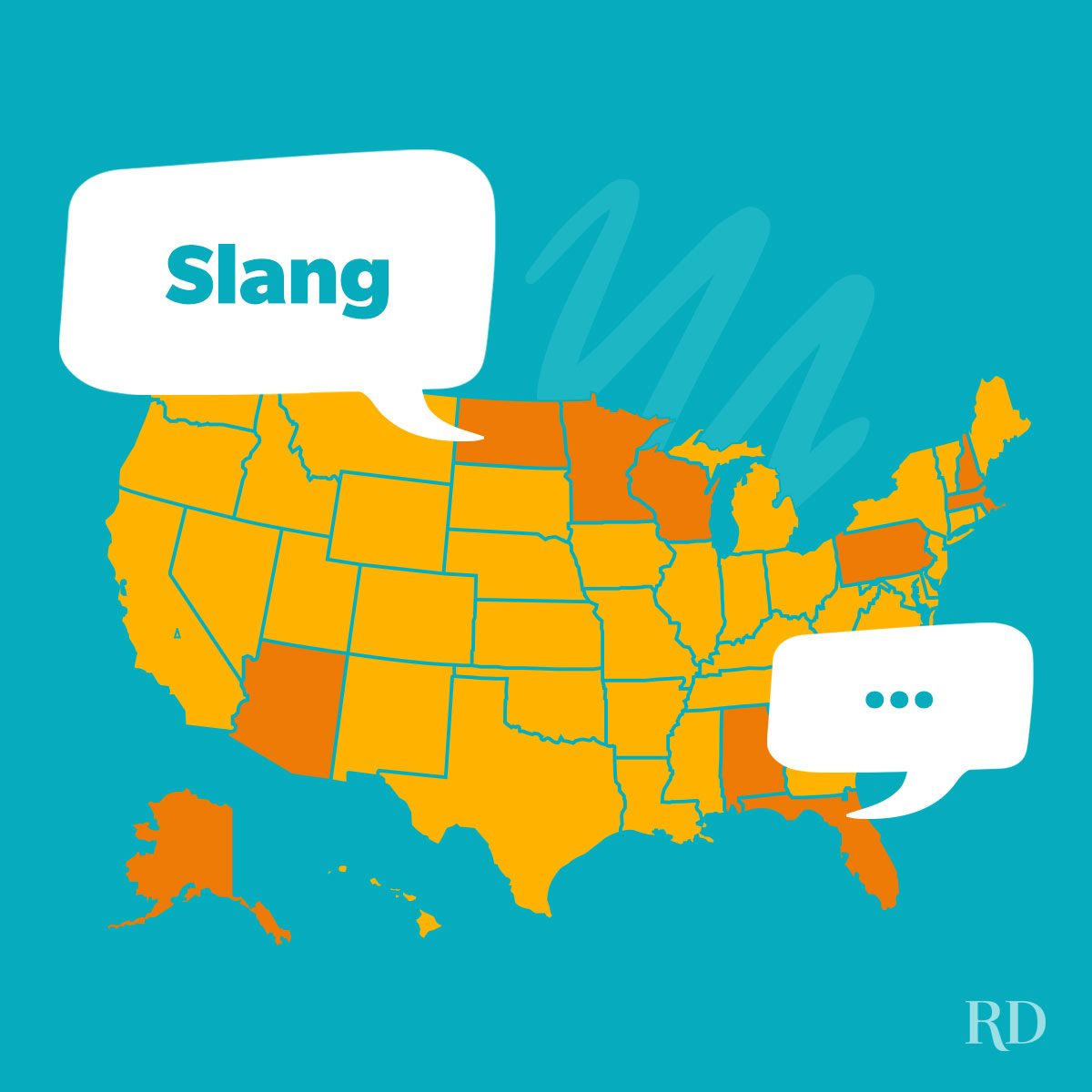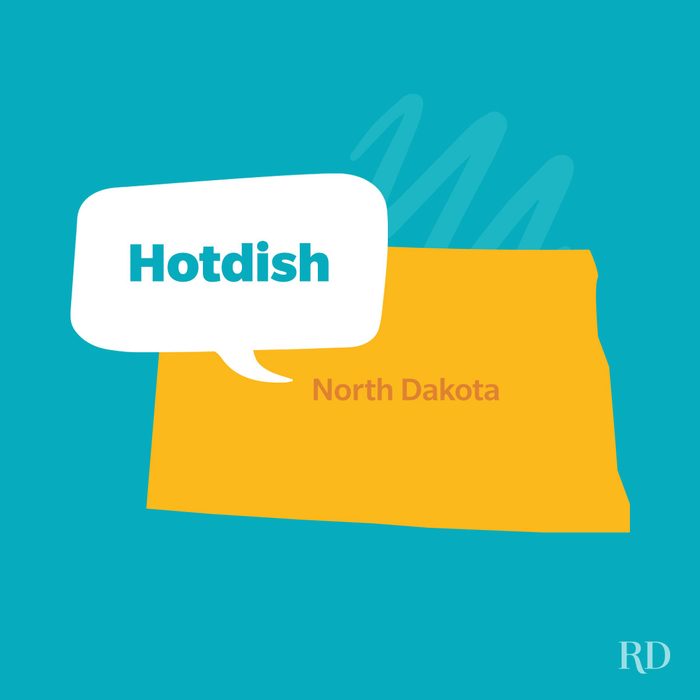These regional slang words will leave your out-of-state friends scratching their heads

Slang Words No One Outside Your State Will Understand


Pennsylvania: Yinz
The South has y’all, but Pennsylvanians call out to a group with yinz.

Massachusetts: Rotary
Don’t worry, Massachusettsans have upgraded from rotary phones to keypads. A rotary in the Bay State refers to a traffic circle.

Florida: Snowbirds
If you live in a colder area but flee south for warm weather in the winter, the locals in the Sunshine State have a name for you: snowbird.

Wisconsin: Bubbler
When Wisconsinites are parched, they’ll ask where the bubbler is. Hopefully, the water won’t be carbonated though—it’s just slang for “water fountain.”

Minnesota: On-sale liquor
Sorry, but in Minnesota, on-sale liquor doesn’t mean you’re getting a great deal on booze. In the state, you consume on-sale liquor where you buy it (like at a bar) but take off-sale liquor somewhere else (like away from the liquor store or gas station) to open and drink it.

North Dakota: Hotdish
It’s not strictly North Dakotan, but around the Midwest, you’ll hear entrees called hotdishes. Anywhere else in the country, you’d probably call the food a casserole; the term just refers to a main course served in a baking dish.

Alabama: Cattywampus
Cattywampus (a variant spelling of catawampus) means “askew or awry,” according to the Merriam-Webster Dictionary. So, for example, you might say that your hair is all cattywampus when you first wake up.

Arizona: Bear Down
Anyone familiar with University of Arizona sports teams will know bear down means to “go get ’em.” When student president and athlete John Byrd Salmon passed away after a car crash in 1926, his last message to his coach was “Tell the team to bear down,” according to the university. Nearly a century later, his message stands.

Massachusetts: Slush
Prepare to be pleasantly surprised if you order a slush in the Boston area. The spoon-eaten treats are closer to what you’d probably call “Italian ice,” and locals say they’re way tastier than a convenience-store slushie.

Alaska: Sourdough
Native and longtime Alaskans call themselves “sourdoughs.” No, it doesn’t mean they have not-so-sweet personalities. Because the state is so isolated, it had to use sourdough instead of shipping in yeast and baking powder to leaven bread, according to Atlas Obscura. Even now, the name sticks.

New Hampshire: Janky
In the Northeast, people say janky as slang for something that’s poor quality. So if you step into a not-so-clean restaurant, you might wrinkle your nose at how janky it is.

Pennsylvania: Jawn
Not all Pennsylvanians use this, but around Philadelphia, you might think there are an uncanny number of people named John. Nope—people just use the word jawn as a slang catchall, like “thing.”
Regional slang might sound strange to outsiders, but that’s what makes it special. It’s a little verbal badge of honor that says, “Yep, I’m from there.” And whether you’ve stayed close to home or moved miles away, those words stick with you—just like the place that taught you to say them.
Why trust us
At Reader’s Digest, we’re committed to producing high-quality content by writers with expertise and experience in their field in consultation with relevant, qualified experts. We rely on reputable primary sources, including government and professional organizations and academic institutions as well as our writers’ personal experiences where appropriate. We verify all facts and data, back them with credible sourcing and revisit them over time to ensure they remain accurate and up to date. Read more about our team, our contributors and our editorial policies.
Sources:
- ArizonaWildcats.com: “The Story of Bear Down”
- Atlas Obscura: “Why Longtime Alaska Residents Are Called ‘Sourdoughs’”
- Babbel: “13 American Regional Slang Terms You Need To Know”
- Merriam-Webster: “Cattywampus”



















